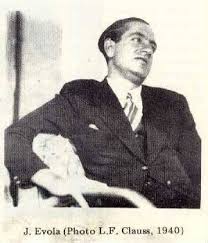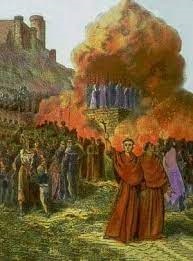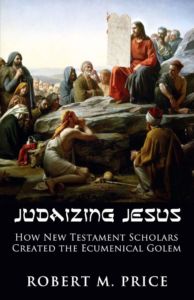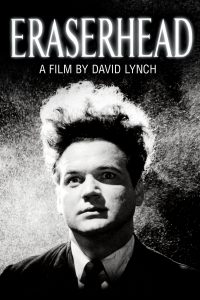Part 2 of 4 (Part 1 here, Part 3 here)
4. The Principles of Magical Idealism
Evola’s critique of transcendental idealism, which we examined in the last installment, is insightful and interesting — though grand choruses of academic voices would be raised against every step of it, insisting that Evola has misunderstood idealism. (more…)





 1,876 words
1,876 words




